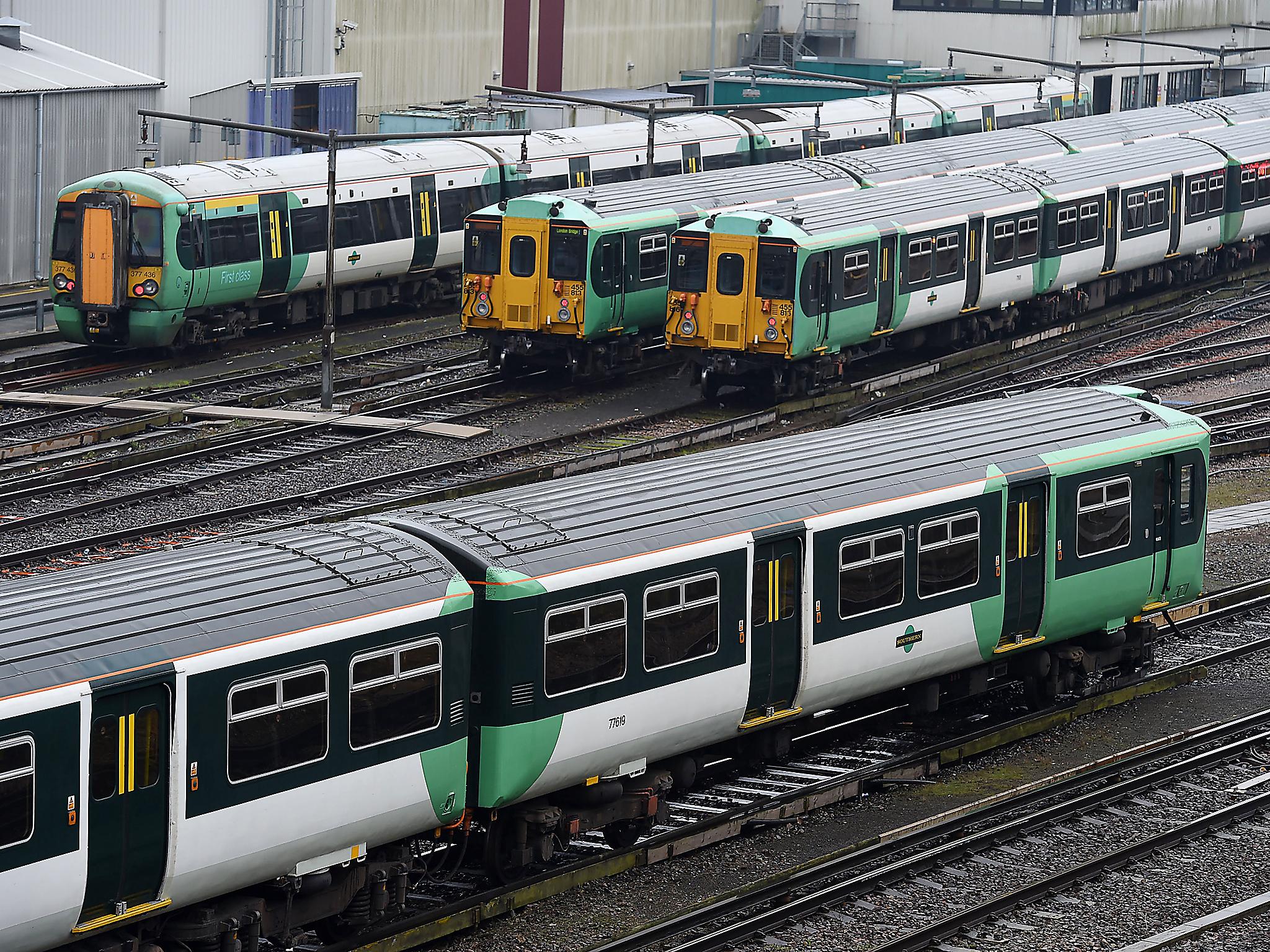UK rail franchising system ‘not fit for purpose’, say MPs
Select committee says there is ‘merit’ in procuring longer agreements over smaller areas

Your support helps us to tell the story
From reproductive rights to climate change to Big Tech, The Independent is on the ground when the story is developing. Whether it's investigating the financials of Elon Musk's pro-Trump PAC or producing our latest documentary, 'The A Word', which shines a light on the American women fighting for reproductive rights, we know how important it is to parse out the facts from the messaging.
At such a critical moment in US history, we need reporters on the ground. Your donation allows us to keep sending journalists to speak to both sides of the story.
The Independent is trusted by Americans across the entire political spectrum. And unlike many other quality news outlets, we choose not to lock Americans out of our reporting and analysis with paywalls. We believe quality journalism should be available to everyone, paid for by those who can afford it.
Your support makes all the difference.Britain’s rail franchising system is failing passengers, MPs have warned. In a scathing report, the Commons Transport Select Committee said private operators are restricted in how much they can improve services and efficiency.
The relationship between Network Rail – which owns and manages rail infrastructure – and train operating companies (TOCs) is “not as coordinated as it should be”, leading to higher fares and poor performance, the committee warned.
It urged the Department for Transport (DfT) to commission an independent review of its franchising functions, including the possibility of transferring enforcement powers to regulator the Office of Rail and Road.
The report added that although there can be no “single template” for franchises, there is “merit” in procuring longer agreements covering smaller areas.
There would be less financial risk to firms taking on smaller franchises, which may enable new firms to enter the market, according to the report.
At the time of privatisation in the 1990s there were 25 franchises, compared with just 15 today.
Transport user watchdog Transport Focus found that passenger satisfaction suffered a “significant decline” over the past 12 months.
Fares rose by an average of 2.3% across Britain on January 2, sparking protests by public transport campaigners and trade unions.
Transport Select Committee chairman Louise Ellman said the current franchising model is “no longer fit for purpose”.
She went on: “While franchising enabled passenger growth and service improvements when it was first rolled out, passenger satisfaction with the railways is falling.
“Its core objectives are no longer being met, potential benefits are being lost and the passenger is suffering through higher fares and continued underperformance.”
The committee concluded that a wide restructuring of the system would be “prohibitively impractical” because of the burden on resources and the restrictions of existing agreements.
Instead, it recommended that as contracts expire, the DfT should consider whether they should be modified to “align better with the specific market they serve”.
Mick Cash, leader of the Rail, Maritime and Transport union, claimed rail franchising is a “fiasco” which should be replaced by a publicly owned railway that “puts people before profit”.
The DfT said £40bn is being spent on upgrading the railways and the franchising system has brought major investment to help create one of the safest and fastest growing networks in Europe.
A department spokesman added: “We can make improvements and the Transport Secretary has been clear that it will take new ways of working, more investment and better collaboration across the industry to tackle the challenges ahead.”
The Rail Delivery Group (RDG), representing rail operators and Network Rail, insisted that passengers and taxpayers have benefited from franchising.
Its chief executive, Paul Plummer, said: “Passengers and taxpayers have benefited from the franchising system where rail companies bring new ideas and innovation to Britain’s railway.
“Under franchising the railway has gone from costing taxpayers £2bn a year in terms of day-to-day costs to now contributing £200m, money which helps to fund the major rail upgrades making journeys more comfortable and reliable.
“Under franchising rail companies have worked together to transform Britain’s railway into a success story, doubling the number of passengers and creating the safest railway in Europe.”
He added that the RDG supports work to evolve the system.
PA
Join our commenting forum
Join thought-provoking conversations, follow other Independent readers and see their replies
Comments